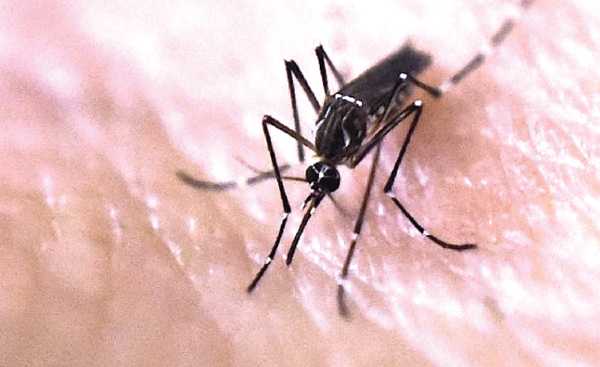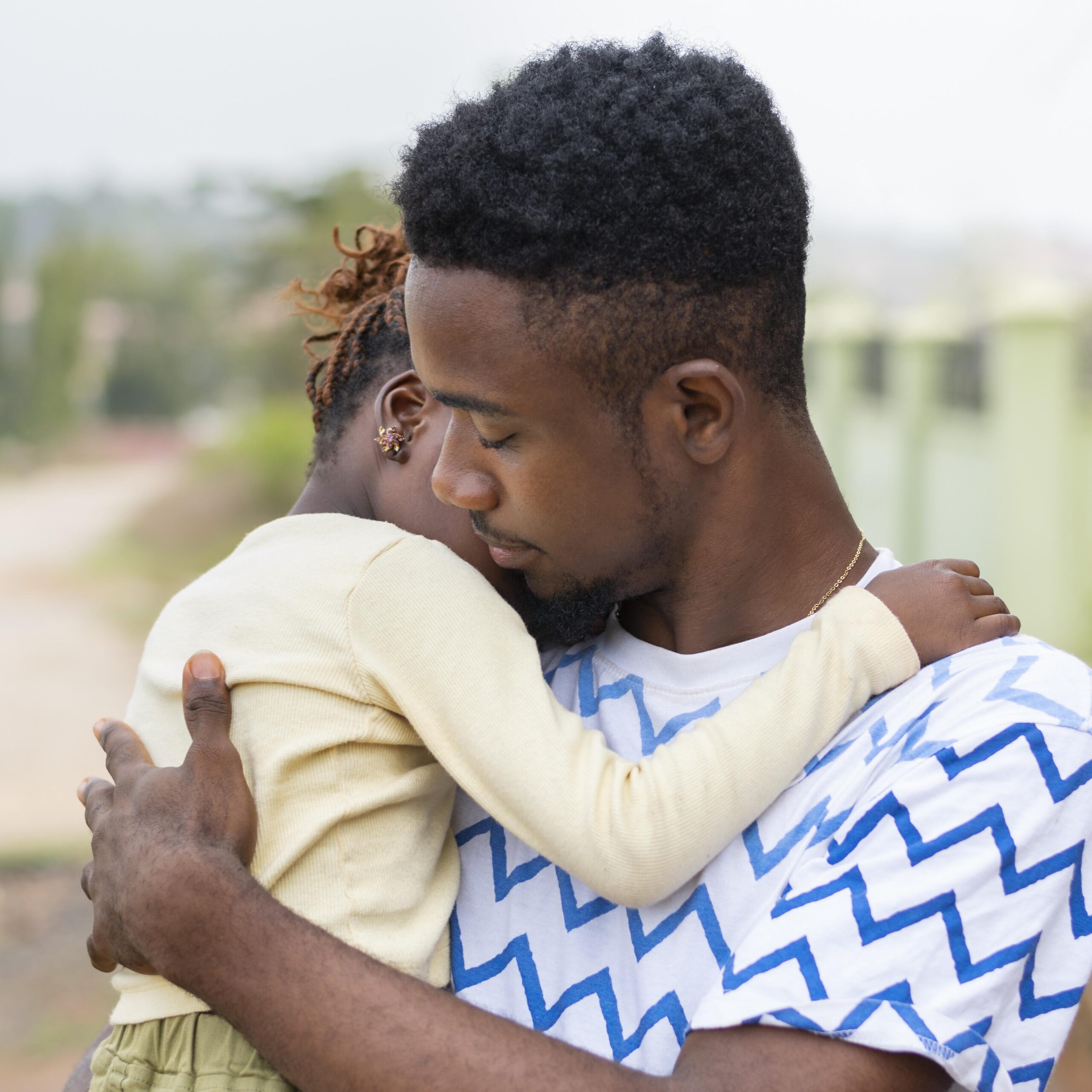CHIKUNGUNYA Mosquito-borne viral disease

Recently, Nicholas Muraguri, Principal Secretary in the Ministry of Health, announced the outbreak of chikungunya in some parts of Mandera County. This came a few days after Somalia, a neighbouring country, reported the same at its boarders with Kenya. This brought to light a disease with a strange name that very few people know about. This article sheds light on chikungunya, a little-known disease.
Chikungunya is a mosquito-borne viral disease and was first experienced in southern Tanzania in 1952. Chikungunya is a Makonde (language of ethnic group in south east Tanzania) word meaning “to become contorted” and describes the stooped appearance of sufferers with joint pain (arthralgia).
During the first week of infection, chikungunya virus can be found in the blood and it is passed from human to human through the bites of an infected female mosquito. The mosquitoes commonly involved are Aedes aegypti and Aedes albopictus, which can also transmit other mosquito-borne viruses such as zika and dengue fever.
These mosquitoes are notorious for biting during the day with peak hours being early morning and afternoon. They usually bite outdoors but Aedes aegypti will also readily feed indoors. After the bite from an infected mosquito, onset of illness occurs usually between four to eight days.
Symptoms of chikungunya
The symptoms of chikungunya usually begin three to seven days after being bitten by an infected mosquito. The most common symptoms are fever and joint pains. Other symptoms may include headache, muscle pains, joint swelling, or rash. The disease does not often result in death but the symptoms can be severe and disabling. People at risk of more severe forms of the disease include newborns infected around the time of birth, older adults (above 65 years) and people with medical conditions such as high blood pressure, diabetes, or heart disease.
It is noteworthy that chikungunya symptoms are similar to those of dengue fever and zika disease, which are spread by the same mosquitoes that transmit chikungunya. Preliminary diagnosis of chikungunya is based on the patient’s clinical features, places and dates of travel, and activities.
Treating chikungunya
There is no medicine or vaccine to treat chikungunya virus but you can treat the symptoms by getting plenty of rest, drinking lots of fluids to prevent dehydration and taking painkillers such as paracetamol to reduce fever and pain. Do not take aspirin and other non-steroidal anti-inflammatory drugs.
Prevention and control
A significant risk factor for chikungunya and other mosquito-borne diseases is the proximity of mosquito breeding sites to human habitation. As such, prevention and control relies on reducing the number of natural and artificial water filled container habitats that support breeding of the mosquitoes. This calls for sensitisation and awareness creation for communities living in risk areas. During outbreaks, insecticides may be sprayed to kill flying mosquitoes. These are applied to surfaces in and around containers where the mosquitoes land and are also used to treat water in containers to kill the immature larvae.
For protection during outbreaks of chikungunya, clothing which minimises skin exposure to the day-biting mosquitoes is advised. Repellants can be applied on exposed skin or clothing in strict accordance with product label instructions.
For those who sleep during the day particularly young children, or sick or older people, insecticide-treated mosquito nets afford good protection. Mosquito coils or other insecticides vaporisers may also reduce indoor biting. Basic precautions should be taken by people travelling to risk areas and these include use of repellants, wearing long-sleeved shirts and long pants and ensuring rooms are fitted with air conditioners to keep mosquitoes out, or windows and doors screens to prevent mosquitoes from entering.
Expert Advice…
If you are using both an insect repellant and a sunscreen, apply the sunscreen first followed by the repellent.
Avoid spreading the disease by preventing mosquito bites as explained in the article.
If you feel unwell and think you could be suffering from chikungunya, take paracetamol to treat the fever and pain, and seek medical advice.
Published in July 2016




